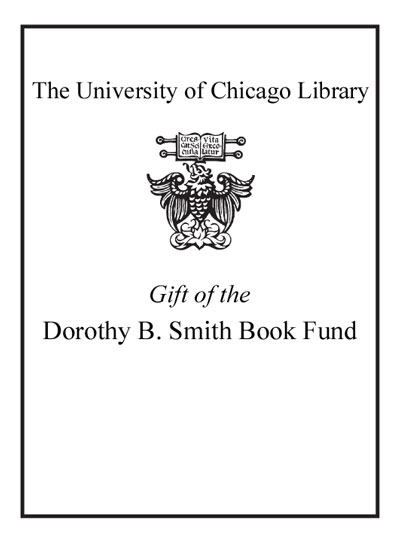Review by Choice Review
Nish (emer., London School of Economics) provides a well-structured survey of Japan's struggle for its own national and international identity from 1919 through 1943 as it emerged as one of the great powers in Asia and the world. Japan adopted a moderate and cooperative foreign policy between the Paris Conference of 1919 and the London Navy Treaty of 1930, but then pursued an aggressive continental expansion from the Manchurian crisis in 1931 to the occupation of North China in 1936. From its 1937 war with China and 1941 attack on Pearl Harbor through the Tokyo Greater East Asian Conference in 1943, Japan went all out to aggressively establish a vast empire throughout East Asia and the western Pacific, a result of the interplay of geopolitical, economic, cultural, and psychological impulses that Japan experienced during the period. Aside from addressing Japan's deeply rooted xenophobia and imperialism, Nish's analysis focuses on the Japanese state system that engineered Japanese expansion and eventual participation in WW II. Anchored in ten years of extensive research, this is a lucidly written, useful addition to a growing summa of interpretations on the controversial Japanese foreign policy during the interwar era. ^BSumming Up: Recommended. Graduate students, researchers, and faculty. G. Zheng Angelo State University
Copyright American Library Association, used with permission.
Review by Choice Review

